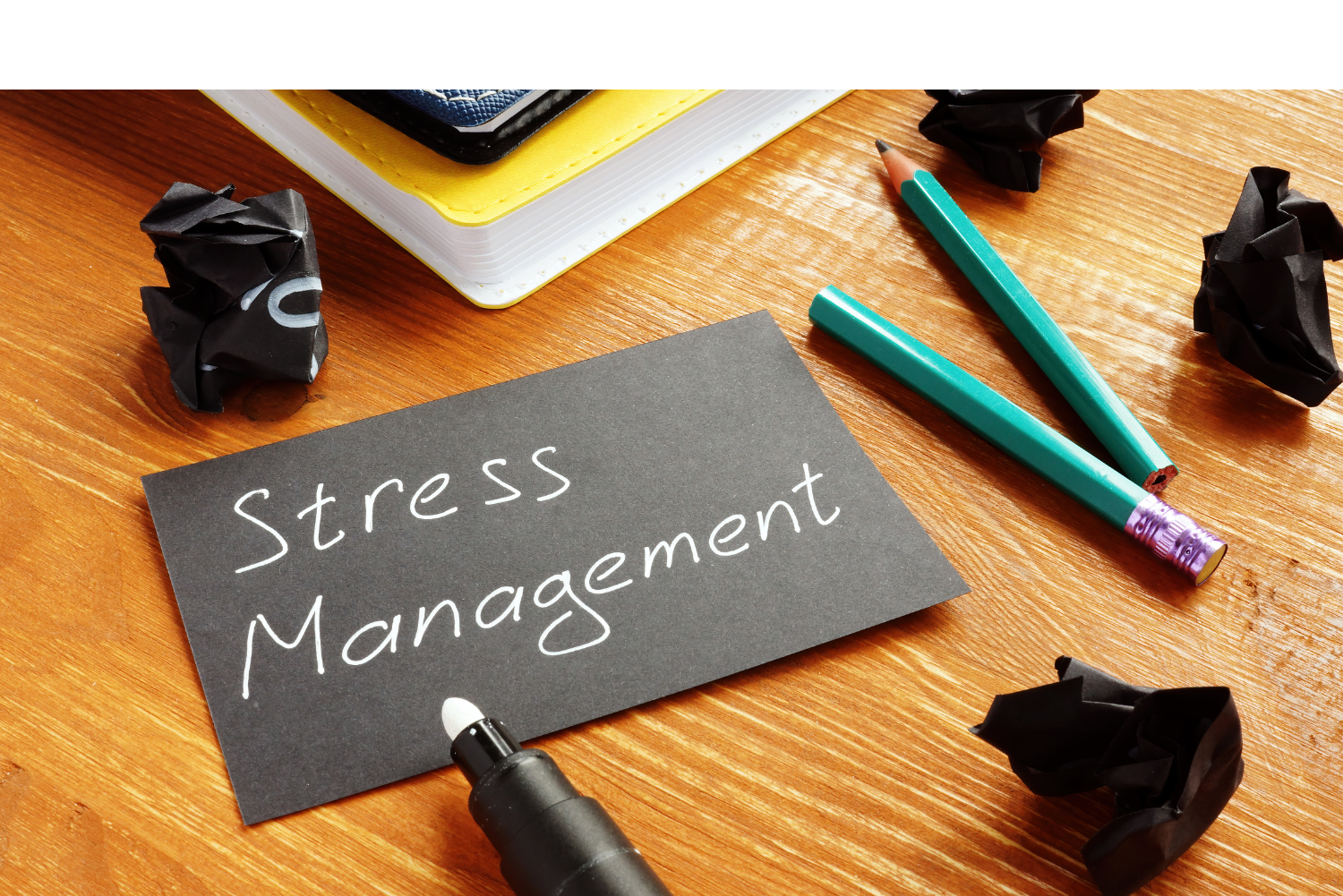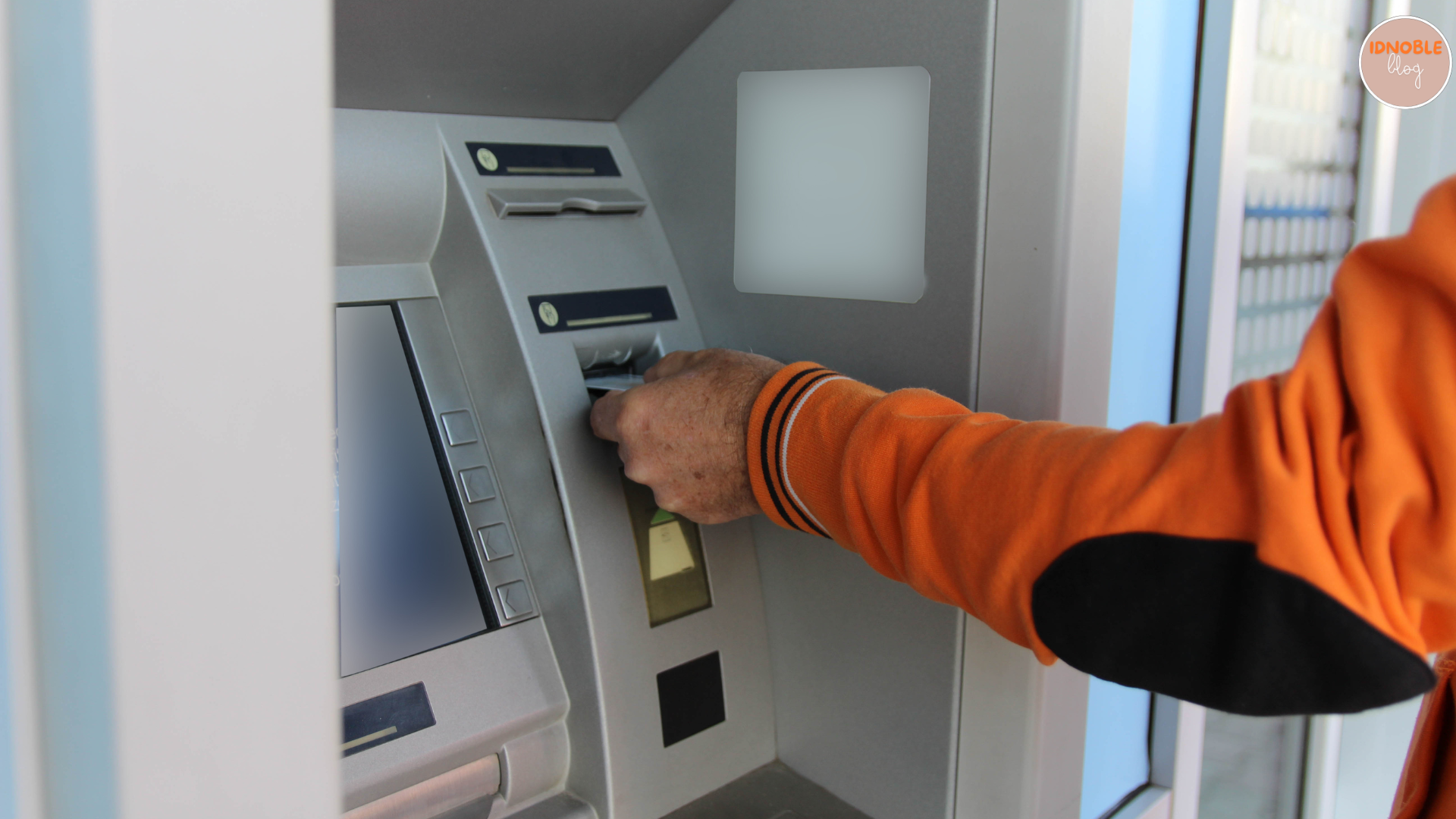
Stress Management Techniques for Seniors

Stress management techniques for seniors are essential for maintaining a happy and healthy life. As you age, stress can take on new forms and impact your overall well-being. However, with the right strategies, you can manage stress effectively and enjoy a fulfilling life. Let’s explore some practical and enjoyable stress management techniques tailored specifically for seniors.
Table of Contents
- Understanding Stress in Seniors
- The Importance of Physical Activity
- Mindfulness and Meditation
- Social Connections
- Hobbies and Interests
- Healthy Eating
- Adequate Sleep
- Laughter and Humor
- Professional Help
- Music and Art Therapy
- Nature and Outdoor Activities
- Relaxation Techniques
- Cognitive Behavioral Techniques
- Pet Therapy
- Technology and Stress Management
- Setting Boundaries
- Planning and Organization
- Financial Planning
- Staying Positive
- Conclusion
Understanding Stress in Seniors
Stress affects everyone, but it can manifest differently in seniors. Retirement, health issues, loss of loved ones, and changes in daily routine can all contribute to stress. It’s important to recognize these stressors and address them proactively.

The Importance of Physical Activity
Regular physical activity is one of the best ways to manage stress. Exercise releases endorphins, which are natural mood lifters. It also helps reduce anxiety and improve sleep. You don’t have to engage in high-intensity workouts; simple activities like walking, yoga, or swimming can make a big difference.
Walking: A daily walk around your neighbourhood or park can clear your mind and boost your mood.
Yoga: Gentle yoga exercises can improve flexibility, reduce tension, and promote relaxation.
Swimming: Swimming is a low-impact exercise that’s great for your joints and overall well-being.
Mindfulness and Meditation
Mindfulness and meditation are powerful tools for managing stress. They help you stay present and focused, reducing anxiety about the past or future. Mindfulness can be practised anywhere and at any time.
Breathing Exercises: Simple breathing exercises can calm your mind and reduce stress. Try inhaling deeply through your nose, holding your breath for a few seconds, and exhaling slowly.
Guided Meditation: Use guided meditation apps or videos to help you relax and clear your mind.
Social Connections
Staying connected with friends and family is crucial for managing stress. Social interactions provide emotional support and a sense of belonging.
Regular Phone Calls: Keep in touch with loved ones through regular phone calls or video chats.
Join Clubs: Consider joining a club or group that shares your interests. This could be a book club, gardening group, or senior centre.
Volunteer: Volunteering can give you a sense of purpose and keep you engaged with your community.
Hobbies and Interests
Engaging in hobbies and interests can be a great way to relieve stress. Doing something you love distracts your mind from worries and brings joy to your day.
Gardening: Gardening is a therapeutic activity that connects you with nature and provides a sense of accomplishment.
Arts and Crafts: Creative activities like painting, knitting, or crafting can be very relaxing.
Reading: Dive into a good book to escape reality and unwind.

Healthy Eating
A balanced diet plays a significant role in managing stress. Certain foods can help reduce stress and improve your mood.
Fruits and Vegetables: Fresh fruits and vegetables are rich in vitamins and antioxidants that support your overall health.
Whole Grains: Whole grains like oatmeal and brown rice provide steady energy and help stabilize blood sugar levels.
Omega-3 Fatty Acids: Foods rich in omega-3s, such as salmon and walnuts, can reduce inflammation and improve brain function.
Adequate Sleep
Getting enough sleep is essential for stress management. Lack of sleep can increase stress levels and affect your mood and cognitive function.
Sleep Routine: Establish a regular sleep routine by going to bed and waking up at the same time each day.
Relaxing Environment: Create a relaxing sleep environment by keeping your bedroom cool, dark, and quiet.
Avoid Stimulants: Avoid caffeine and electronic devices before bedtime to improve your sleep quality.
Laughter and Humor
Laughter truly is the best medicine. It can instantly lift your spirits and reduce stress.
Watch Comedies: Enjoy a funny movie or TV show to get your dose of laughter.
Spend Time with Fun People: Surround yourself with people who make you laugh and feel good.
Read Jokes: Find a book of jokes or funny stories to brighten your day.
Professional Help
Sometimes, professional help is necessary to manage stress effectively. Don’t hesitate to seek support from a healthcare provider or counsellor.
Therapy: Talking to a therapist can provide you with strategies to cope with stress and improve your mental health.
Support Groups: Join a support group where you can share your experiences and receive encouragement from others facing similar challenges.
Music and Art Therapy
Engaging with music and art can be incredibly therapeutic. These activities stimulate your brain and provide an emotional outlet.
Music Therapy: Listening to calming music or playing an instrument can reduce stress.
Art Therapy: Creating art allows you to express your feelings and relax your mind.
Nature and Outdoor Activities
Spending time in nature has a calming effect on the mind and body. Outdoor activities can help reduce stress and improve your overall well-being.
Nature Walks: Take a walk in a park or nature reserve to enjoy the beauty of the outdoors.
Bird Watching: Bird watching is a peaceful activity that connects you with nature.
Gardening: As mentioned earlier, gardening combines physical activity with the therapeutic benefits of being outdoors.
Relaxation Techniques
Various relaxation techniques can help you unwind and manage stress effectively.
Progressive Muscle Relaxation: This technique involves tensing and then relaxing each muscle group in your body.
Aromatherapy: Use essential oils like lavender or chamomile to create a calming atmosphere.
Warm Baths: Taking a warm bath can relax your muscles and soothe your mind.
Cognitive Behavioral Techniques
Cognitive behavioural techniques involve changing negative thought patterns to reduce stress and improve mental health.
Positive Thinking: Practice positive thinking by focusing on your strengths and achievements.
Gratitude Journaling: Keep a gratitude journal to remind yourself of the positive aspects of your life.
Problem-Solving: Break down stressful situations into manageable parts and develop a plan to address each one.
Pet Therapy
Pets can provide unconditional love and companionship, which can help reduce stress and improve your mood.
Pet Ownership: If you can, consider adopting a pet to keep you company.
Therapy Animals: Interact with therapy animals through programs offered by local organizations.
Technology and Stress Management
Technology can also aid in stress management. Various apps and online resources can provide support and guidance.
Meditation Apps: Use apps like Calm or Headspace to guide your meditation practice.
Fitness Trackers: Fitness trackers can motivate you to stay active and monitor your progress.
Online Communities: Join online communities for seniors to share experiences and find support.
Setting Boundaries
Setting boundaries is important for managing stress. Learn to say no to activities or commitments that overwhelm you.
Prioritize: Focus on activities that bring you joy and fulfilment.
Delegate: Don’t be afraid to ask for help when you need it.
Take Breaks: Allow yourself to take breaks and rest when necessary.
Planning and Organization
Being organized can reduce stress by making your daily life more manageable.
Daily Planner: Use a daily planner to keep track of appointments and tasks.
Simplify: Simplify your living space to reduce clutter and create a peaceful environment.
Routine: Establish a daily routine to provide structure and stability.
Financial Planning
Financial stress can be a significant source of anxiety for seniors. Effective financial planning can help alleviate this stress.
Budgeting: Create a budget to manage your expenses and ensure you’re living within your means.
Consult a Financial Advisor: Seek advice from a financial advisor to plan for your future and manage your finances effectively.
Staying Positive
Maintaining a positive outlook is crucial for managing stress. Focus on the good things in your life and practice gratitude.
Affirmations: Use positive affirmations to boost your mood and self-esteem.
Surround Yourself with Positivity: Spend time with positive, supportive people who uplift you.
Celebrate Small Wins: Celebrate your achievements, no matter how small, to keep a positive mindset.

Conclusion
Stress management techniques for seniors are essential for leading a happy, healthy, and fulfilling life. From physical activity and mindfulness to social connections and hobbies, there are many ways to manage stress effectively. By incorporating these techniques into your daily routine, you can reduce stress and improve your overall well-being. Remember, it’s important to find what works best for you and make it a regular part of your life. Embrace these strategies, and you’ll find yourself feeling more relaxed and content.
























